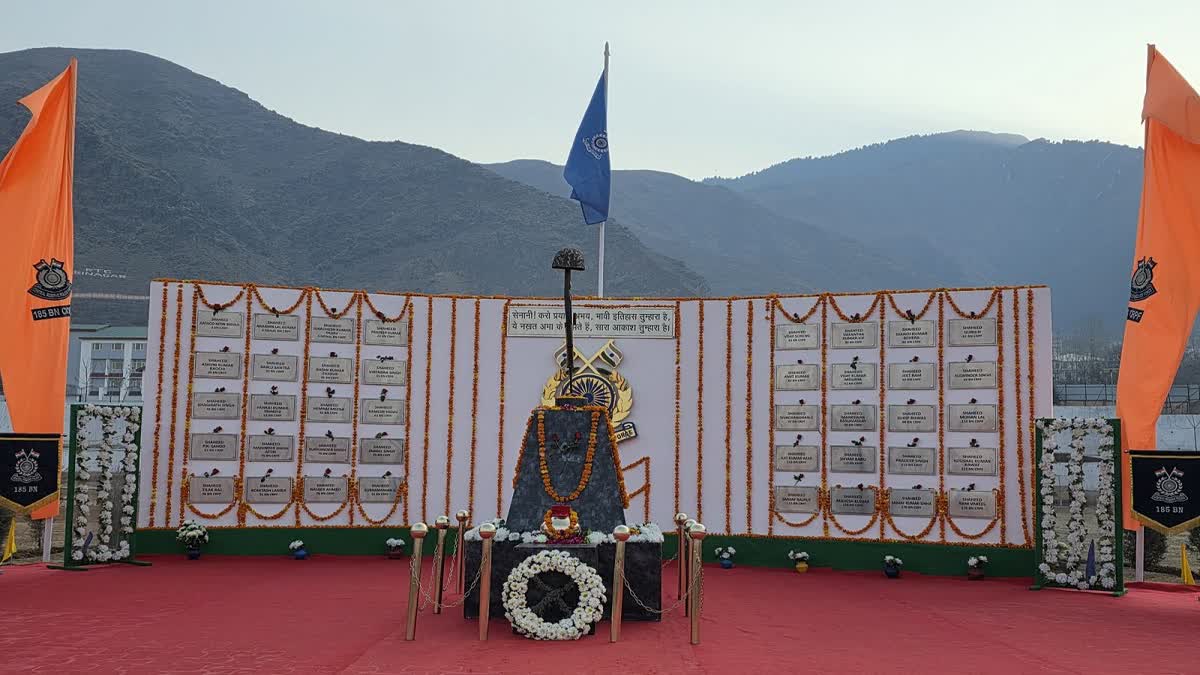Srinagar: When Adil Ahmad Dar, a young Jaish-e-Muhmmad (JeM) militant, drove an explosive-laden Maruti van into a Central Reserve Police Force (CRPF) convoy on the Srinagar-Jammu Highway in Pulwama on this day in 2019, it not only killed 40 Central Reserve Police Force (CRPF) personnel but also shook the political and security dynamics in Kashmir and led India and Pakistan to the brink of a military conflict.
The aftermath of the attack was a severe retaliation against the JeM militant outfit in the Kashmir valley. For months, security forces launched a major offensive against the outfit, killing its top commanders within months. Other outfits like Lashkar-e-Toiba (LeT) and Hizbul Mujahideen (HM) were also killed.
This offensive involved encounters with militants and a major crackdown on their associates and overground workers. Kashmir’s separatist leaders were jailed, and organisations like Jamaat-e-Islami and JKLF, accused of radicalisation and fomenting separatism and fuelling militancy, were banned. The Union Home Ministry said the JeI and JKLF were banned for unlawful association and for activities that are prejudicial to internal security and public order.
Security forces also took several measures for their safety during their convoy movements. The public movement and transport are strictly restricted on the Srinagar-Jammu Highway whenever the security convoys run on the four-lane road. This, often, has been criticised by the political parties as ambulances carrying patients were stuck during such restrictions.
Many political observers believe that the abrogation of Article 370 and Article 35A and the division of Jammu and Kashmir into two union territories was also the aftermath of the Pulwama Attack.
Beyond Kashmir, the Indian army also attacked Pakistan inside its territory, which experts believe was a terse message to Pakistan that terror strikes would be retaliated against by air strikes.
On February 26, 2019, India attacked Pakistan in the Balakot sector in Pakistani territory in Khyber Pakhtunkhwa and claimed to have killed Jaish-e-Muhmmad militants and damaged their training camps. But Pakistan denied casualties.
An Indian Air Force warplane flew inside Balakote, and India claimed to have achieved a major hit on the JeM group. The following day, Pakistan shot down the warplane and captured its pilot, Abhinandan Varthaman, but he was eventually released after two days after hectic negotiations between India and Pakistan.
